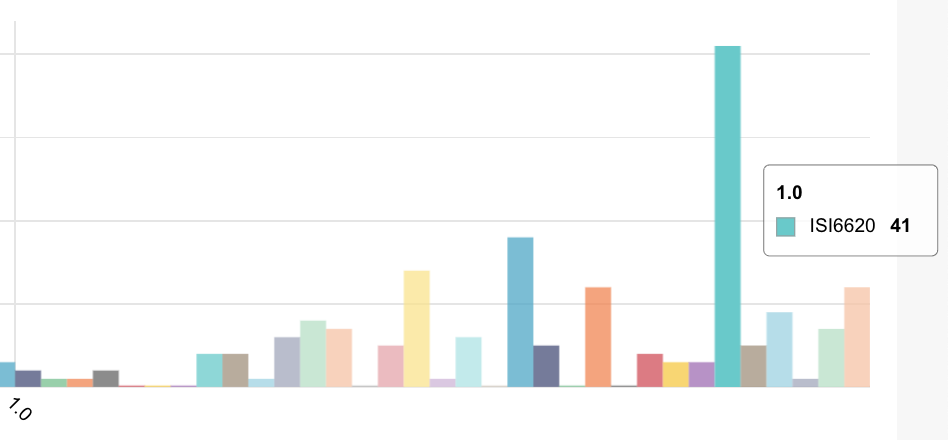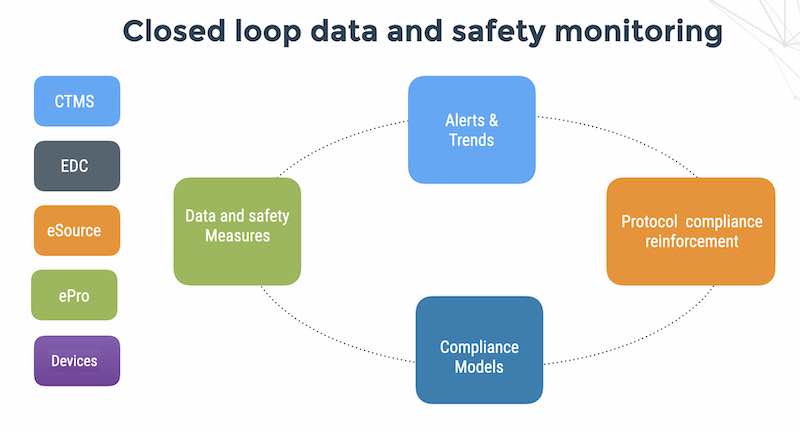It seems that with amorphous and rapidly evolving trend of storing data in cloud providers and social media like Twitter and Facebook, that social media and cloud computing is the next frontier of data security breaches.
And – here, we have not even solved the problem of trusted insiders.
The letter of the law is always operative and the common denominator of the regulators (HIPAA, PCI etc..) is not to store or transmit personal information at all in the application software systems.
We are correct in identifying cloud providers as a potential vulnerability – however, storing data in the ‘cloud’ is no different from storing data in an outsourced data center and it’s subsequent exposure to employees, outsourcing contractors etc..If you have a medical file application, ecommerce or an online application – your best data security countermeasure is NOT to store PII at all in your application.
I personally don’t buy into technology silver bullets and data obfuscation as effective security countermeasures. They have their utility but even if the data is obfuscated in the cloud it still traverses some interface between the data provider and the cloud provider.
In my experience, since almost all data breaches occur on the interface – adding an additional technology layer will serve to increase your value at risk not reduce it – since more complexity and more third party software only adds additional vulnerabilities and increases your threat surface.
As far as I know, there have been no documented events of PII being leaked from an infrastructure cloud provider like Rackspace or IBM. Their standards of operation and security are far better than the average business.
Notwithstanding legal definitions, regulatory standards like HIPAA and SOX tell us to do a top down risk analysis and demonstrate why the risk of leaking PII is acceptably low.
If you are developing and maintaining an online application with patient or customer data, your best bet is good application engineering and resolving your data privacy exposure issues by simply removing ePHI and PII from your systems.
Blackjack bei Spins of Glory Casino Strategien für österreichische Kartenspieler
Blackjack bei Spins of Glory Casino Strategien für österreichische Kartenspieler Table of Contents Die Grundlagen von Blackjack und seine Popularität Die Regeln von Blackjack im





